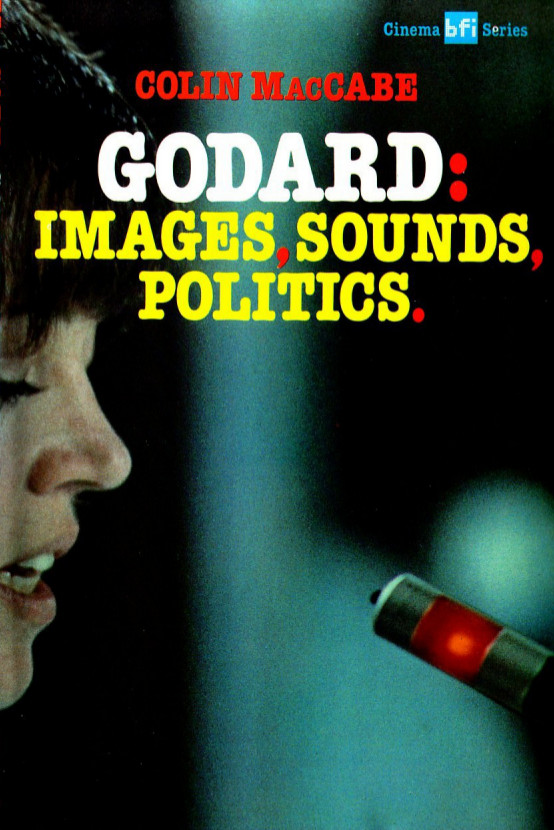François Laruelle: Anti-Badiou: On the Introduction of Maoism Into Philosophy (2011/2013)
Filed under book | Tags: · communism, maoism, materiality, mathematics, ontology, philosophy, politics

“This compelling and highly original book represents a confrontation between two of the most radical thinkers at work in France today: Alain Badiou and the author, François Laruelle.
At face value, the two have much in common: both espouse a position of absolute immanence; both argue that philosophy is conditioned by science; and both command a pluralism of thought. Anti-Badiou relates the parallel stories of Badiou’s Maoist ‘ontology of the void’ and Laruelle’s own performative practice of ‘non-philosophy’ and explains why the two are in fact radically different. Badiou’s entire project aims to re-educate philosophy through one science: mathematics. Laruelle carefully examines Badiou’s Being and Event and shows how Badiou has created a new aristocracy that crowns his own philosophy as the master of an entire theoretical universe. In turn, Laruelle explains the contrast with his own non-philosophy as a true democracy of thought that breaks philosophy’s continual enthrall with mathematics and instead opens up a myriad of ‘non-standard’ places where thinking can be found and practised.”
Originally published as Anti-Badiou: sur l’introduction du maoïsme dans la philosophie by Éditions Kimé, Paris, 2011
Translated by Robin Mackay
Publisher Bloomsbury Academic, London/New York, 2013
ISBN 1441190767, 9781441190765
246 pages
Colin MacCabe: Godard: Images, Sounds, Politics (1980)
Filed under book | Tags: · cinema, film, film theory, maoism, montage, photography, politics, sexuality, technology, television

Godard: Images, Sounds, Politics is an important step in making Godard’s experiments in image and sound beyond the institutions of cinema and television visible. It reads the earlier films through the more recent work, focusing on politics, technology and sexuality. These insistent themes dominate Godard’s investigation of our representation in the image, a representation always inflected by sound. These terms enable us to understand more critical the circulation of money and images in which we participate, a circulation which Godard’s work cuts across.” (from the back cover)
Includes essays by Colin MacCabe, Laura Mulvey, and Mick Eaton. Also features interviews with Godard, a filmography, and a selected bibliography. Printed in black-and-white.
With Mick Eaton and Laura Mulvey
Design Richard Hollis
Publisher The Macmillan Press, London and Basingstoke, 1980
British Film Institute Cinema series
ISBN 0333290739, 9780333290736
175 pages
review of the book’s design (Eye Magazine)
Comment (0)Richard Wolin: The Wind from the East: French Intellectuals, the Cultural Revolution, and the Legacy of the 1960s (2010)
Filed under book | Tags: · 1960s, communism, cultural revolution, france, history, left, literature, maoism, marxism, philosophy, politics, resistance, situationists, structuralism
/cover.jpg)
“Michel Foucault, Jean-Paul Sartre, Julia Kristeva, Phillipe Sollers, and Jean-Luc Godard. During the 1960s, a who’s who of French thinkers, writers, and artists, spurred by China’s Cultural Revolution, were seized with a fascination for Maoism. Combining a merciless exposé of left-wing political folly and cross-cultural misunderstanding with a spirited defense of the 1960s, The Wind from the East tells the colorful story of this legendary period in France. Richard Wolin shows how French students and intellectuals, inspired by their perceptions of the Cultural Revolution, and motivated by utopian hopes, incited grassroots social movements and reinvigorated French civic and cultural life.
Wolin’s riveting narrative reveals that Maoism’s allure among France’s best and brightest actually had little to do with a real understanding of Chinese politics. Instead, it paradoxically served as a vehicle for an emancipatory transformation of French society. French student leftists took up the trope of “cultural revolution,” applying it to their criticisms of everyday life. Wolin examines how Maoism captured the imaginations of France’s leading cultural figures, influencing Sartre’s “perfect Maoist moment”; Foucault’s conception of power; Sollers’s chic, leftist intellectual journal Tel Quel; as well as Kristeva’s book on Chinese women–which included a vigorous defense of foot-binding.
Recounting the cultural and political odyssey of French students and intellectuals in the 1960s, The Wind from the East illustrates how the Maoist phenomenon unexpectedly sparked a democratic political sea change in France.”
Publisher Princeton University Press, 2010
ISBN 0691129983, 9780691129983
400 pages
Video interview with the author: Platypus.
Reviews: Scott McLemee (The National), Julian Jackson (The Guardian), David Gress (The Wall Street Journal).
PDF (updated on 2023-4-25)
Comments (2)
